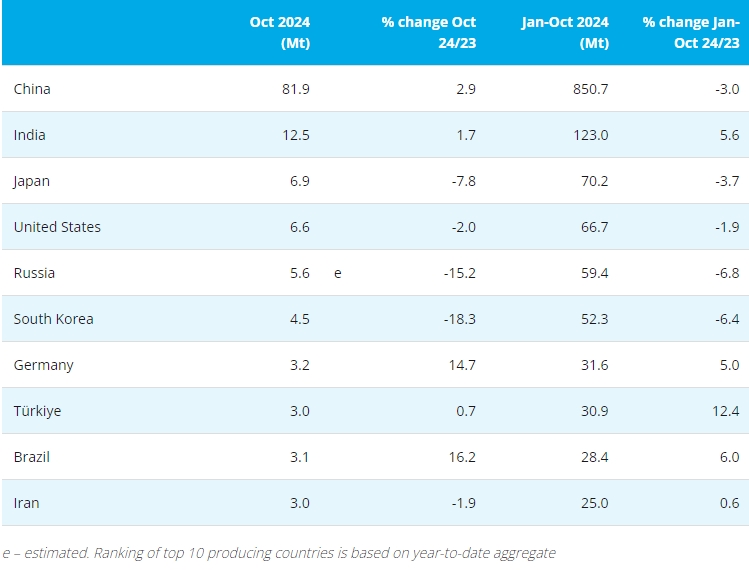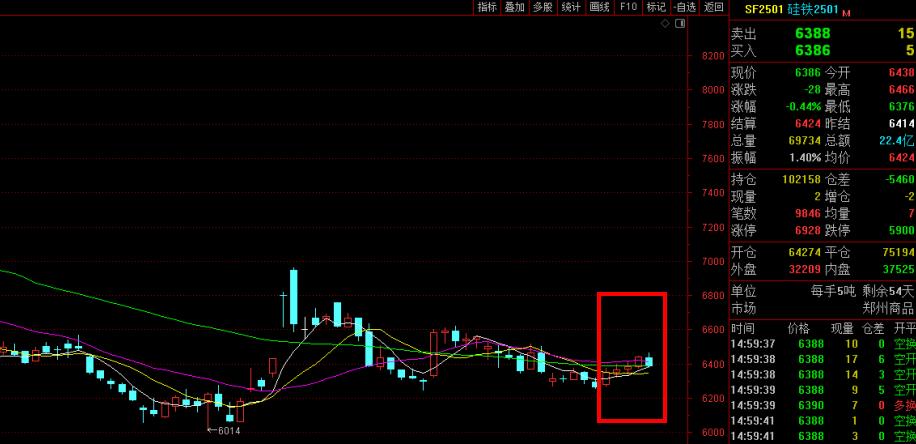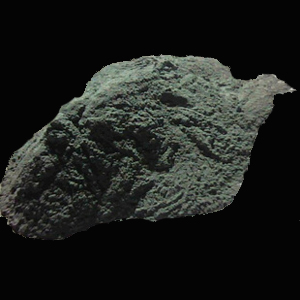From July 1, tariffs on certain vehicles will be lowered to 15%, from 25%, while levies on some auto parts will be lowered to 6%, the Finance Ministry said on Tuesday May 22.
Domestic automakers in China are likely to cut steel procurement as lower tariffs on imported vehicles and auto parts erode the competitiveness of domestically produced vehicles.
Lower tariffs will reduce prices of imported vehicles and auto parts, and this is likely to narrow the share of domestically manufactured vehicles in China. The intensified competition may affect demand for steel across domestic automakers. About 72% of the body structure of a passenger vehicle is manufactured from various types of steel. The percentage for commercial vehicles stands at 75%.
In the first four months of this year, overall sales of vehicles reached 9.42 million units, with 368,000 units of imported vehicles. Imports accounted for some 3.9% of overall sales.
In the first quarter of this year, profits across automakers declined 4.7% on the year, according to data from the National Bureau of Statistics (NBS). For the same period, the profit margin ratio for the auto industry dip 0.5 percentage point year on year and stood at 7.3%. The ratio for 2017 lost 0.4 percentage point from 2016, according to data from the China Passenger Car Association (CPCA).
Growing costs have narrowed profit margins of domestically produced vehicles. As of May 23, average prices for hot-rolled and cold-rolled steel stood at 4,193.5 yuan/mt and 4,613 yuan/mt, respectively, both up some 1,000 yuan/mt from a year ago.
Domestic manufacturer FAW Car said that volatile prices of raw materials affected its profits and poor performance in the first quarter. Producer of auto parts, Nibong Huaxiang, shared the same concern.
However, the steel market needs not be overly concerned about the tariff cuts as the amount of steel used in manufacturing vehicles accounted for just 5.8% of China's overall demand for steel.
- [Editor:Wang Linyan]



 Save
Save Print
Print Daily News
Daily News Research
Research Magazine
Magazine Company Database
Company Database Customized Database
Customized Database Conferences
Conferences Advertisement
Advertisement Trade
Trade


















Tell Us What You Think